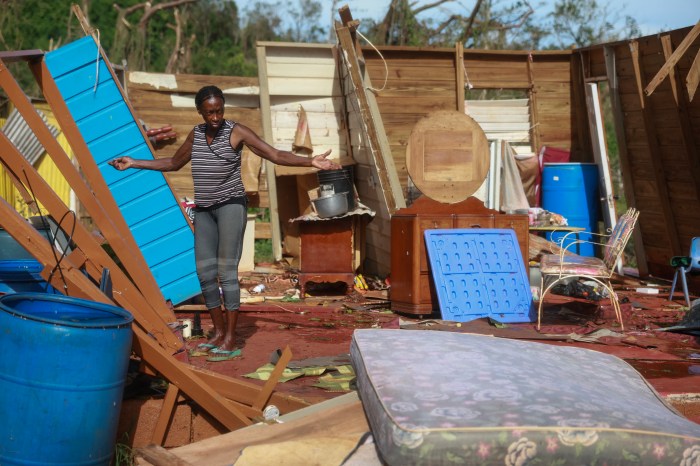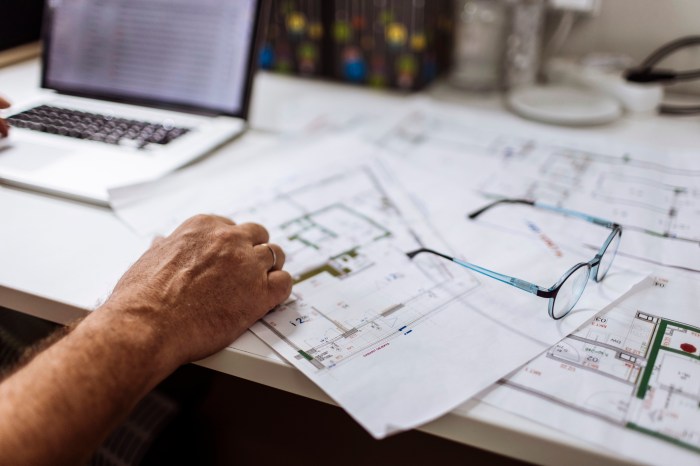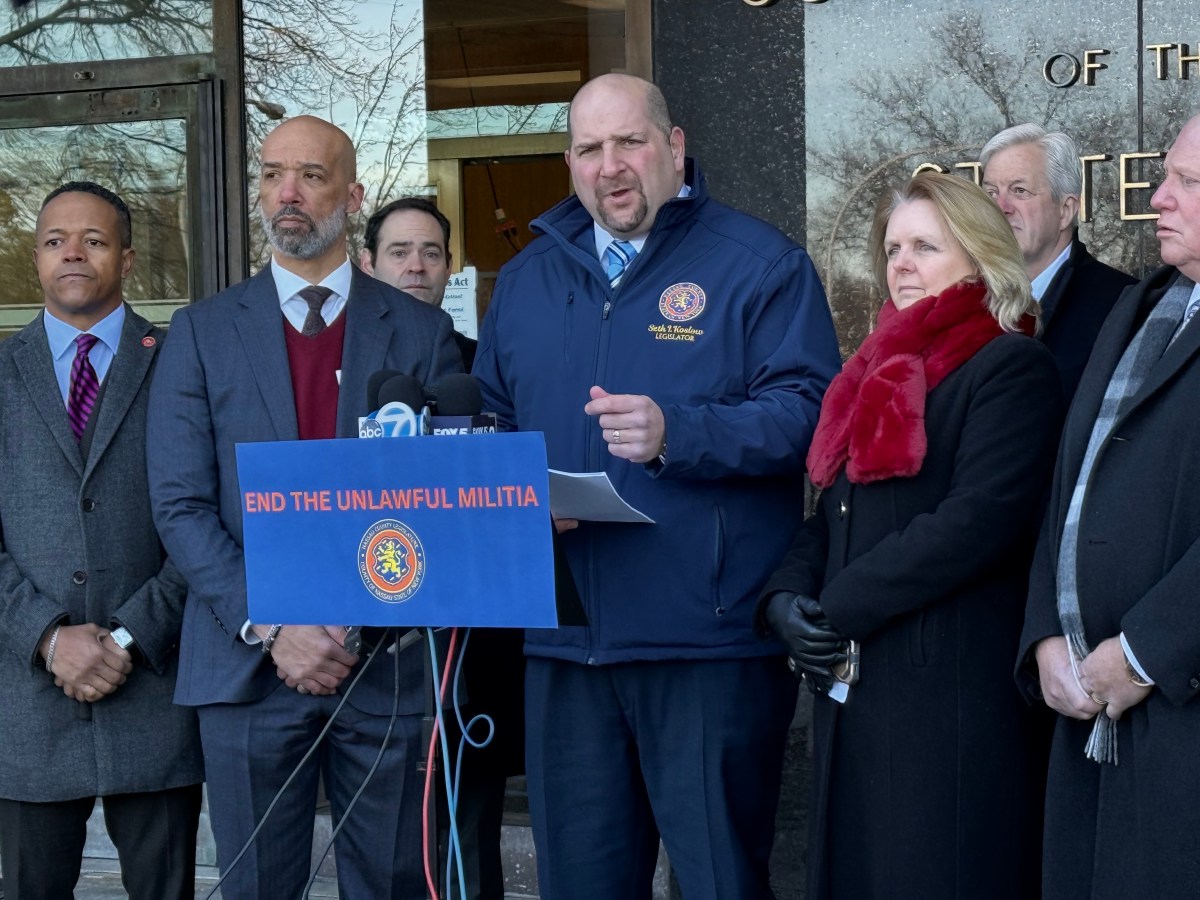Gerald Leitner, is secretary-general of the International Federation of Library Associations and Institutions (IFLA)
THE HAGUE, Netherlands, July 27, 2017 (IPS) – In an Information Society, access, and the ability to apply and re-use information is at the heart of individual fulfilment and social participation. Long before the idea of an Information Society came into use, libraries connected people to this, connecting them with literature and learning, and allowing them to improve their lives, and those of their families and communities.
Access to information and the ability to apply and re-use it is at the heart of individual fulfilment and social participation
The Development and Access to Information (DA2I) report 2017, produced by IFLA in partnership with the Technology and Social Change Group at the University of Washington, makes the case for investment by governments, and other stakeholders, in delivering access as a driver of progress.
The spread of the Internet, and the content it holds, creates unique possibilities to offer access to information. Yet there are barriers standing in the way to realising this potential. These present us with two scenarios.
In the first, rates of physical connectivity to the Internet remain low in remote or poorer areas, allowing a digital divide to become a development divide. A lack of relevant content, and the ability to read and use it, prevents others from seeing the value in connectivity.
Information poverty robs people of opportunities to keep their families healthy, update farming practices to respond to climate change, or find jobs. And rather than full information and evidence, decisions on civic, economic and social life are taken based on misinformation and superstition.
In the second, people learn to get the best out of the Internet, knowing how to keep themselves and their families safe online. They can find the information they need, at the right time and in the right format, and apply it to changing real world problems.
They also develop the skills necessary to create their own content, further enriching available information resources. New markets are created, new communities formed, and innovation, creativity and civic participation thrives.
DA2I 2017 argues that four factors make the difference: physical connectivity, social context, individual and community skills, and the legal and policy framework. Based on indicators from established, recognised sources, the report offers a first look at how regions and countries are doing in each of these four areas, and how performance on these is linked to other characteristics, such as poverty or gender inequality.
It finds that while there is progress in some areas, such as numbers with Internet connections, big gaps in terms of skills and uses remain, and the gender digital divide is even widening.
It also provides evidence of the contribution access makes to achieving four of the focus Sustainable Development Goals at this year’s UN High Level Political Forum, which took place on July 10-19 — agriculture, health, gender equality and innovation.
Most of all, it underlines how essential libraries are to development. When they benefit from the resources and legal frameworks they need, they can bring their unique potential to bear – as trusted, community institutions, connected both to the global Information society and alert to local needs and interests, with staff dedicated to providing meaningful access to information.
IFLA itself has made the most of its unique position as the global voice of libraries, working with representatives of 73 countries to promote the Sustainable Development Goals, and the role that libraries can play in their realisation.
We have been overwhelmed by the response so far, but this is just the start of an ongoing process — the next stop is a global meeting in early 2018. We look forward to returning with a new DA2I report next year, with updated statistics, and even more examples of how libraries are making a difference, from the local to the global level, to achieving the UN’s 2030 Agenda.
























